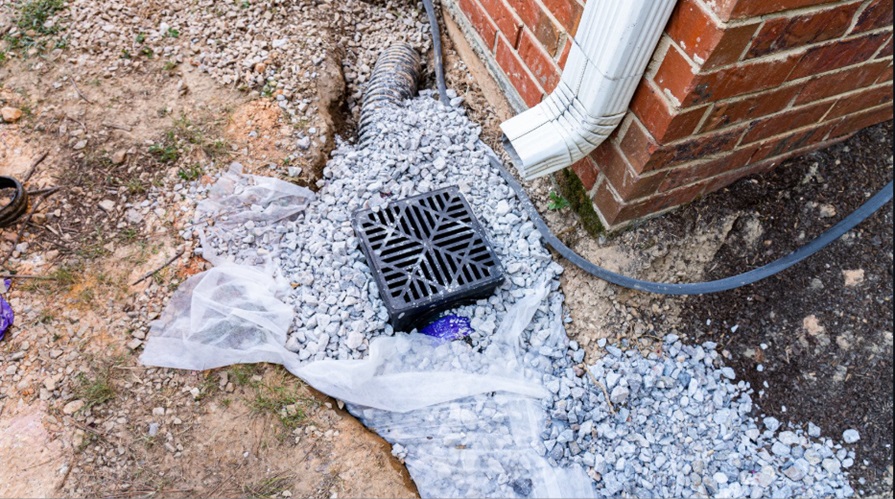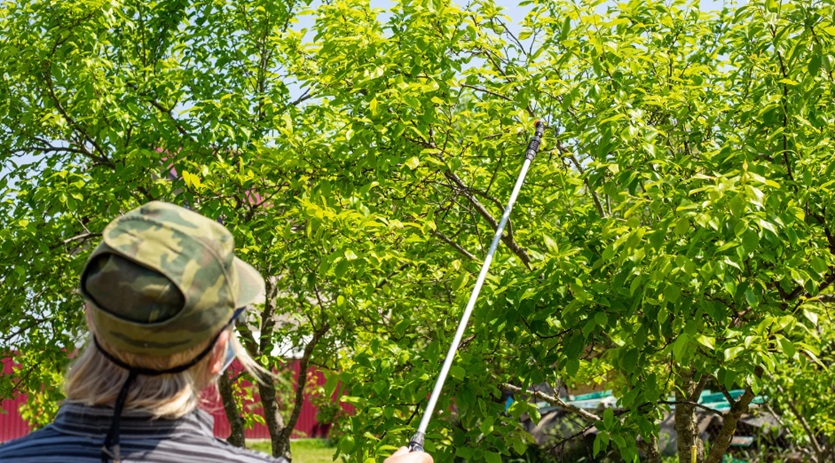Water damage is one of the biggest threats to any home. Without proper drainage, excess water can weaken foundations, cause soil erosion, and lead to costly repairs. Implementing effective drainage solutions in Atlanta is essential to prevent water buildup and ensure long-term protection for your property. Whether you’re dealing with pooling water in your yard or excess moisture near your foundation, effective drainage systems can safeguard your home.
Understanding the Importance of Proper Drainage
Poor drainage can lead to serious issues, including structural damage, landscape erosion, and basement flooding. It’s important to assess your property’s water flow patterns and identify problem areas before implementing solutions.
Common Drainage Problems Homeowners Face
Several common drainage problems can impact residential properties. Recognizing these issues early on can help you take preventive action:
- Standing Water – When rainwater collects in low-lying areas, it can create a breeding ground for mosquitoes and damage grass or plants.
- Erosion – Fast-moving water can wash away topsoil, weakening plant roots and destabilizing landscaping.
- Foundation Damage – Water pooling near the base of your home can seep into the foundation, leading to cracks and structural issues.
- Clogged Drains – Leaves, dirt, and debris can block drainage pipes, preventing water from flowing properly.
Effective Drainage Solutions for Your Home
There are multiple drainage solutions available to protect your home from water-related damage. Choosing the right one depends on the specific challenges your property faces.
1. French Drains for Water Redirection
A French drain is a perforated pipe installed underground to redirect water away from your home. It’s particularly effective in preventing basement flooding and reducing soil erosion.
2. Trench Drain Systems for Efficient Water Flow
For properties prone to excess surface water, trench drains offer an efficient way to channel runoff and prevent water buildup. Homeowners exploring drainage improvements can benefit from different trench drain systems for yard drainage, which help manage water flow in driveways, patios, and landscaped areas.
3. Downspout Extensions for Roof Runoff
Gutters and downspouts are essential for directing rainwater away from your home’s foundation. Adding downspout extensions ensures that water is carried far enough away to prevent damage.
4. Dry Wells for Excess Water Absorption
Dry wells are underground reservoirs that collect and gradually disperse excess water into the soil. They help reduce the risk of surface water accumulation and are ideal for properties with clay-heavy soil.
5. Proper Landscaping for Natural Drainage
Strategic landscaping, such as grading the soil away from the foundation, planting water-absorbent vegetation, and installing gravel paths, can significantly improve water drainage on your property. Many homeowners struggle with drainage issues, and understanding common residential drainage problems and their solutions can help prevent long-term damage to your home.
Additional Considerations for Drainage Maintenance
While installing drainage systems is essential, regular maintenance is equally important. Keeping drains clear of debris, inspecting gutters, and ensuring proper grading can prevent future issues. By taking proactive steps, homeowners can avoid expensive repairs and keep their properties dry year-round.
Conclusion
Protecting your home from water damage starts with implementing the right drainage solutions. Whether it’s a French drain, trench drain, or downspout extension, each system plays a crucial role in maintaining a dry and stable property. Regular maintenance and proactive measures will ensure your drainage system remains effective for years to come.





